Lithium Sulphate (Li₂SO₄) is an inorganic compound with versatile applications across industries, including energy storage, ceramics manufacturing, and air treatment systems. Its solubility, thermal stability, and chemical reactivity make it an essential material in both traditional and emerging technologies.
Applications of Lithium Sulphate
1. Lithium-Ion Battery Production
Lithium Sulphate plays a role in the manufacturing of lithium-ion batteries:
- Precursor for Lithium Salts: Used in the production of lithium carbonate (Li₂CO₃) and lithium hydroxide (LiOH), which are critical for battery cathodes.
- Energy Storage: Supports the production of high-performance batteries for electric vehicles, renewable energy systems, and portable electronics.
2. Ceramics and Specialty Glass
Lithium Sulphate enhances the properties of ceramics and glass:
- Thermal Resistance: Improves the durability of ceramics and glass under high-temperature conditions.
- Strength and Flexibility: Enhances mechanical properties for specialized applications like cookware and industrial components.
- Specialty Glass Production: Contributes to the manufacture of lightweight, high-strength glass.
3. Air Treatment Systems
Lithium Sulphate is valuable in air purification and dehumidification:
- Desiccant: Absorbs moisture from air, making it suitable for humidity control in industrial and laboratory settings.
- Air Scrubbing: Reacts with gases to improve air quality, particularly in enclosed environments.
4. Chemical Synthesis
In the chemical industry, Lithium Sulphate is a critical reagent:
- Precursor: Used to produce other lithium compounds, such as lithium bromide and lithium chloride.
- Catalyst: Facilitates chemical reactions in various organic and inorganic synthesis processes.
- Electrolyte: Serves as an electrolyte in specialized chemical processes and research.
5. Pharmaceuticals
While its direct use in pharmaceuticals is limited, Lithium Sulphate is a component in research and the synthesis of lithium-based compounds used in medicines for mood stabilization and mental health treatments.
6. Environmental Applications
Lithium Sulphate contributes to sustainability through its role in:
- Water Treatment: Helps in water purification processes by stabilizing solutions and aiding filtration.
- Renewable Energy Systems: Supports the development of sustainable energy technologies by improving battery materials.
Advantages of Lithium Sulphate
- High Solubility: Enables easy application in aqueous systems.
- Thermal Stability: Ideal for high-temperature processes.
- Chemical Versatility: Serves as a precursor to various lithium compounds.
- Industrial Relevance: Enhances the performance of ceramics, batteries, and air treatment systems.

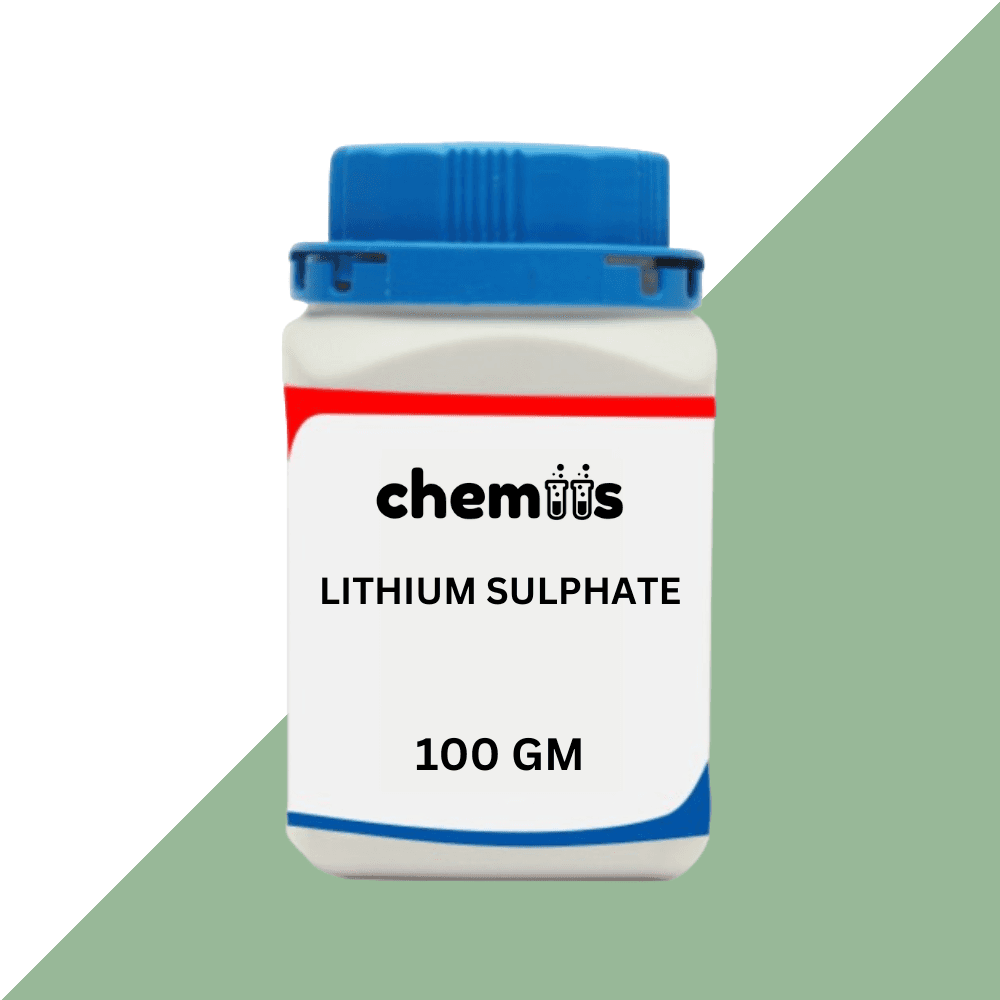
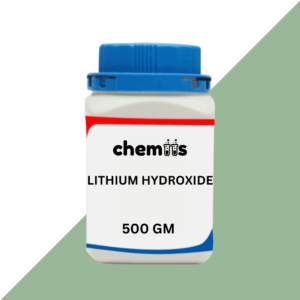
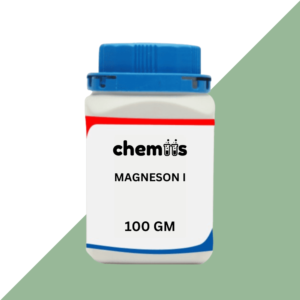
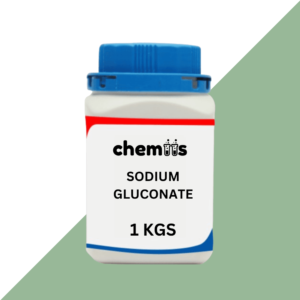


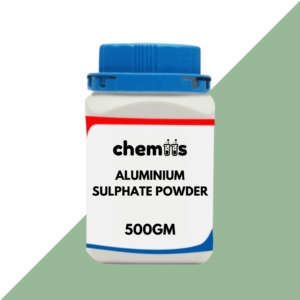
Zoya Merchant (verified owner) –
Efficient and reliable.
Aditya Rawat (verified owner) –
Good support for queries.
Payal Kamat (verified owner) –
Super fast shipping.
Prateek Saxena (verified owner) –
Truly professional approach.
Sandeep Nair (verified owner) –
Very professional service.
Shruti Bhandari (verified owner) –
Will recommend to others.
Ananya Joshi (verified owner) –
On-time and well-packed.
Anjali Prasad (verified owner) –
Genuine products.
Aarti Shukla (verified owner) –
Exactly as shown.
Kusum Kumari (verified owner) –
Easy to reorder.